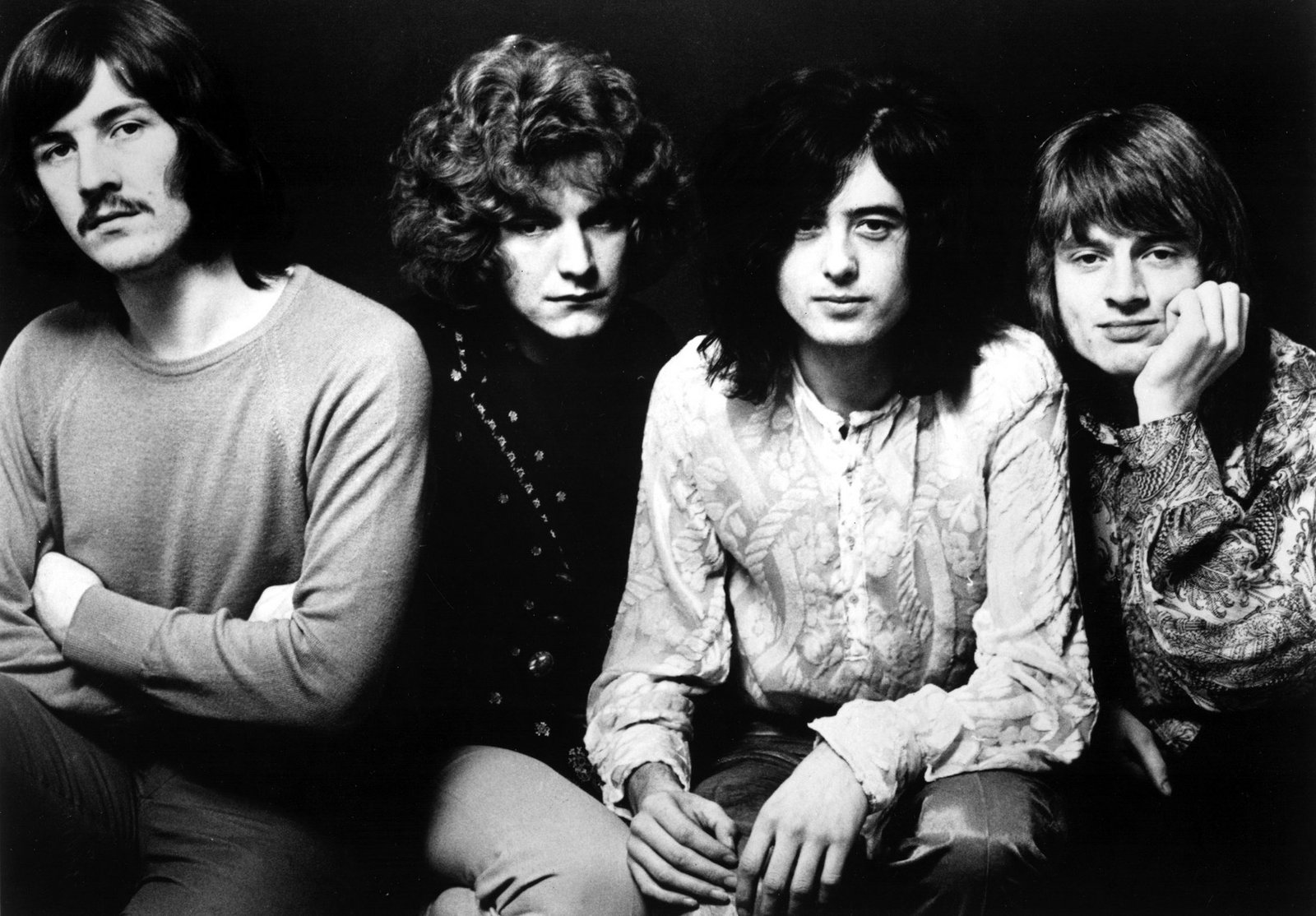For aficionados of rock and roll, the aura surrounding Led Zeppelin’s body of work is often regarded with a certain reverence. Beyond the controversies of alleged plagiarism that marked their trajectory, the undeniable impact of Zeppelin on decades of rock decadence, from their legendary parties to the seismic riffs emanating from Jimmy Page’s guitar, is indisputable. However, beneath the surface of Page’s ability to craft unforgettable sonic landscapes across Zeppelin’s discography, there exists a darker aspect of his persona.
Long before the inception of Zeppelin, Page had already etched his name as one of the youngest guitar virtuosos in the English music scene. Emerging from The Yardbirds and immersing himself in countless hours as a session musician, Page envisioned pushing the boundaries of rock and roll with his new band, enlisting Robert Plant and John Bonham to complete the lineup.
As Page laid the foundations for songs like ‘Good Times Bad Times’ and ‘Communication Breakdown,’ a parallel narrative unfolded his increasing fascination with the occult. Intrigued by the mystical teachings of Aleister Crowley, Page integrated various aspects of the author’s works into his daily life, maintaining an entire catalog of occult literature at his residence.
This fascination spawned rumors of Page striking a pact with the devil, but a more palpable consequence emerged in the form of casual misogyny. While the rock scene had long grappled with gender-related issues, Zeppelin accentuated this divide in their song ‘Your Time Is Gonna Come,’ where Plant vocalizes about an overly demanding woman destined for misfortune.
While many blues songs derive from heartache and betrayal, Page’s approach to the track was influenced by Crowley’s teachings, which notably lacked respect for women. Adhering to Crowley’s worldview, Page constructed the song with an undertone of female inferiority, exacerbated by Zeppelin’s reputation for various escapades with women on the road.
Although Page never explicitly claimed allegiance to such beliefs, a lingering residue of Crowley’s mentality persisted across the record and permeated other cuts in Zeppelin’s catalog. However, as Zeppelin entered the late 1970s, Page appeared to distance himself from Crowley’s influence.
Struggling with a heroin addiction in the mid-1970s, Page faced a challenging period, needing to rebuild himself to deliver the colossal riffs expected of him. Post-Zeppelin, following Bonham’s demise, Page embarked on a journey of personal transformation. Turning a new leaf, he joined forces with Paul Rodgers of Bad Company to form the supergroup, The Firm. While his health issues could be attributed to the excesses of the rock and roll lifestyle, the toll of occultist teachings on someone who delves too deeply into their infatuation might have also played a significant role.
